Last year’s historic visit by H.R.M.,the Yogbonwura(King of the Yogboun or Gonja Kingdom),Savannah Region, to the Dagbon Kingdom, Northern Region of Ghana which was reciprocated by its King,H.R.M.,the Yaa Na,tends calls for a rethinking of the position of Kings and Chiefs collectively as potential stakeholders within the context of our national economic development paradigm
Key Takeaways
The benefits of the two royal visits included engendering of mutual respect and peaceful co-existence between the two Kingdoms ,opportunity for addressing the boundary disputes between the two Kingdoms through dialogue and peaceful means .
The call of His Royal Majesty, the Yogbounwura on the youth of the two Kingdoms to foster meaningful engagement for development was yet a most important takeaway. Granted the passion and importance the two Kings have attached to the fostering of mutual respect and peaceful co-existence between their two Kingdoms, the issue of sustainability becomes crucial. The involvement of the youth in the two Kingdoms is the right way to go as they are the future traditional leaders.
Annual Conference of Kings and Chiefs in Northern Ghana Proposal
The Yogbounwura during his historic visit to Dagbon last year had proposed the establishment of an annual conference of Kings and Chiefs in Northern Ghana to focus on the collective developments of the territory.
That was laudable and couldn’t have come at a better time than this. That traditional rulers and their people shouldn’t rest entirely on the responsibility of central governments alone to bring development to the Northern sector ,but should also play important complementary roles ,cannot be overemphasized.
To this end the people of the Northern Sector need a unified front to enable them leverage their collective strength for contributing towards addressing their age-long common problem of the North-South poverty ,education and development gap which is a major underlying factor to the Northern youth migration to the south.
Putting the collective strength of the people of the North to productive use for shared prosperity and development is not only in the collective interest of the people, but the cumulative impact of their collective efforts, would also impact the gross national economy most positively.
Yogboun,Dagbon,Mamprugu,Nanun and other parts of the Northern sector collectively accounts for a sizable chunk of Ghana’s total arable land which could be put to more productive use for commercial rice and other crops production. This could save the country from the needless annual rice and agricultural products bill that also contributes to putting pressure on the local cedi.
The putting in place of a Northern sector Special Purpose Vehicle(SPV) like is being proposed would offer multiple benefits. These could include, internal conflict resolution as well as prevention via, fostering intra-ethnic harmony peaceful co-existence, addressing problems and misunderstandings through dialogue rather than through needless armed conflict, that tend to periodically put the North in the news, albeit for the wrong reasons.
To this end,the call on their Royal Majesties,Ndan Yaa Na,Mahama Abukari II,King of Dagbon Kingdom and Bi-Kunuti Jewu Soale,the Yogounwura(King of Yogboun or Gonja Kingdom) by the Savannah Regional Minister,Mr.Salisu Bi-Awuribe to use their influence to solve the long standing chieftaincy crisis in Bawku,Upper East Region ,was another most important takeaway.
Intra-ethnic conflicts in the Northern sector has over time given it a negative image not only in international investor circles, but also, in local investor circles and the decades North-South Foreign Direct Investment(FDI) parities speaks for itself.
Harnessing the potential of Kings and Chiefs across the country to play a more important contributive role as local development stakeholders within the context of our national economic development agenda, ought to be taken seriously just as we take the contribution of our foreign development partners.



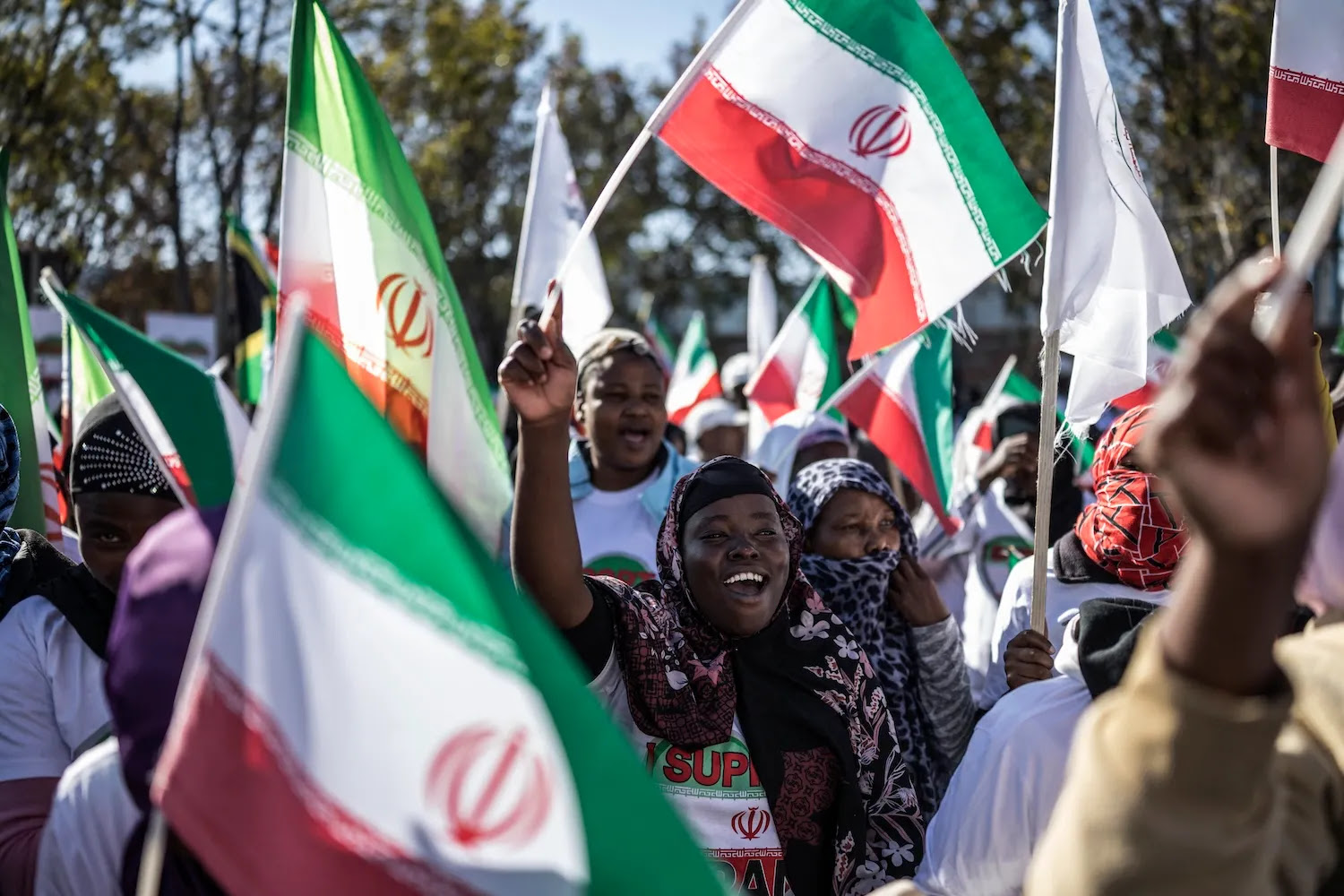
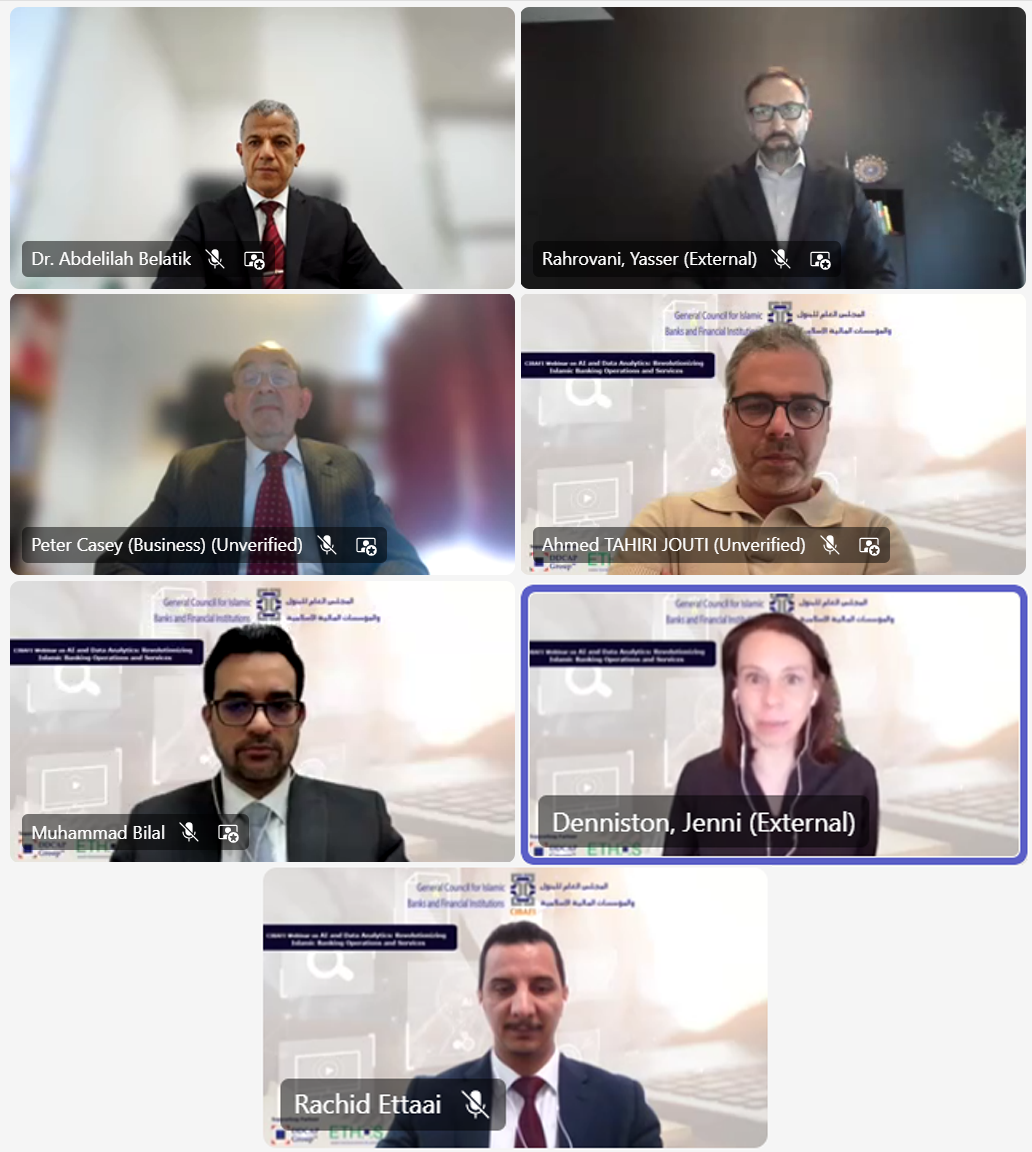
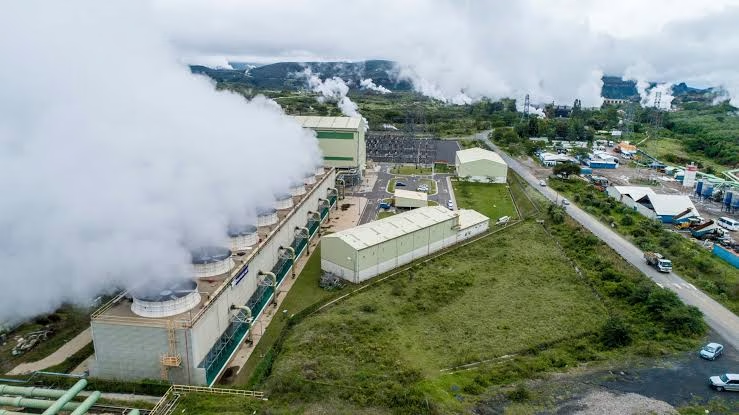
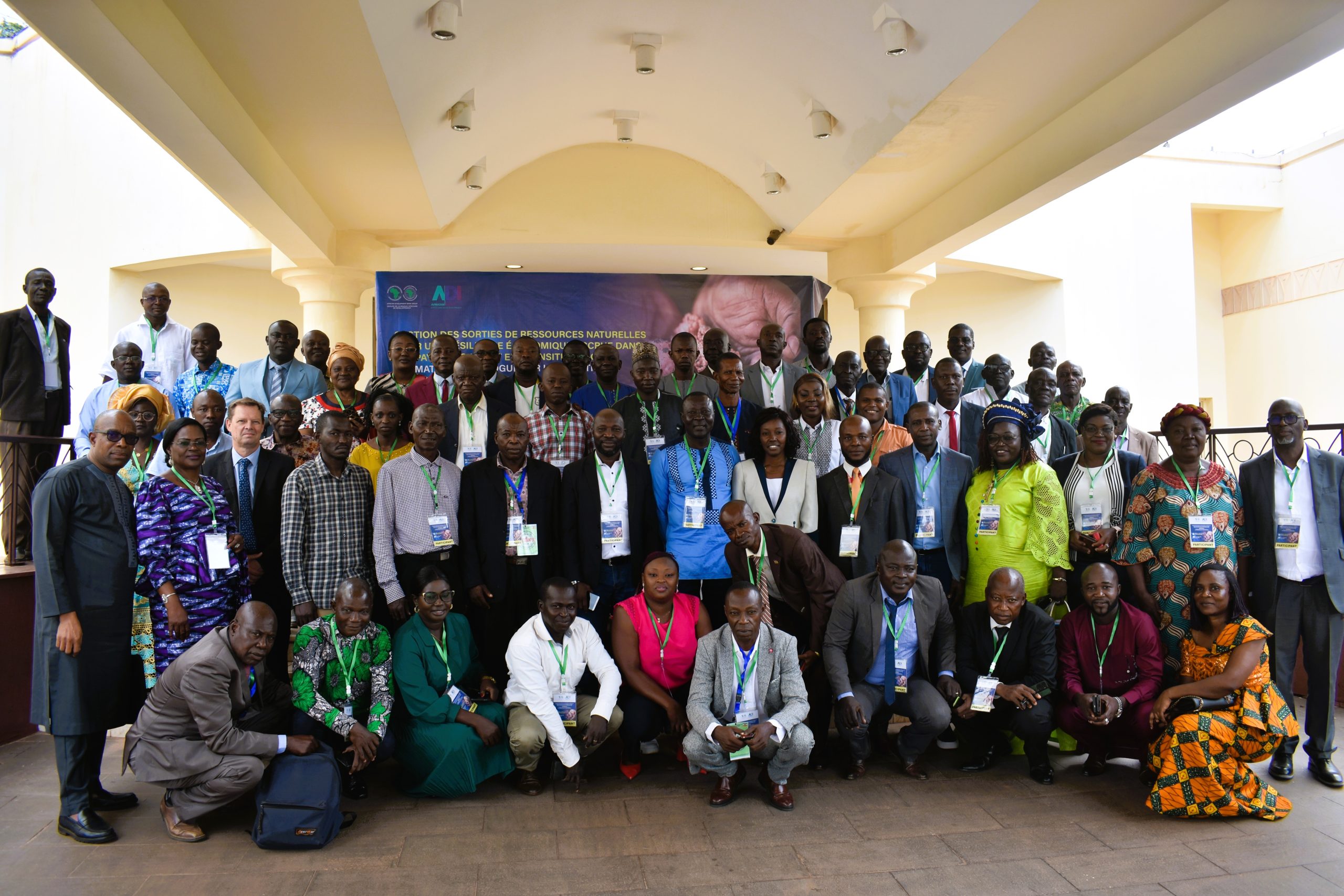
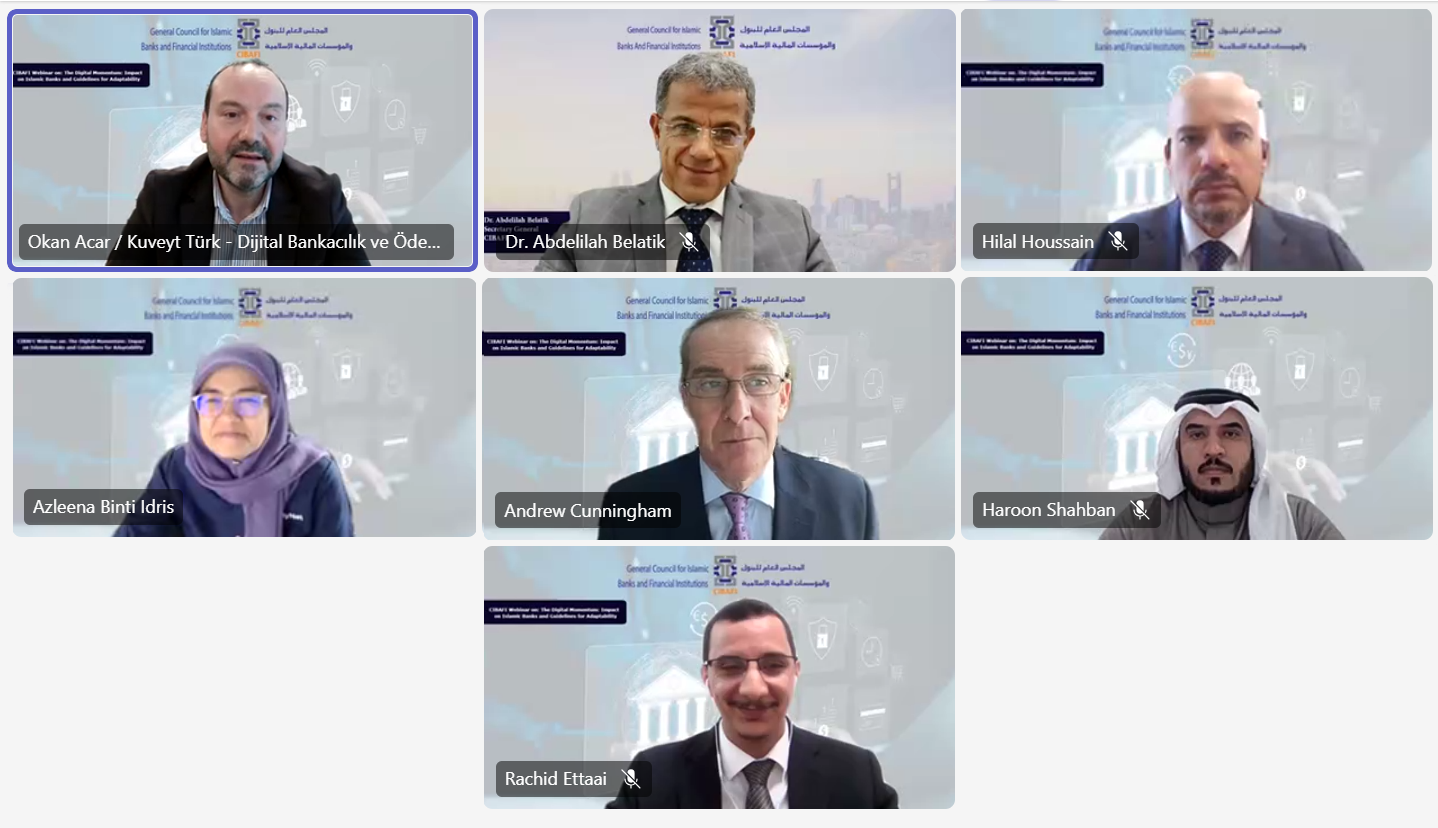
Leave a Reply